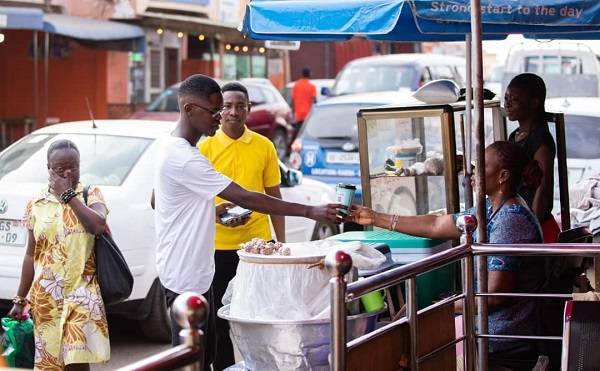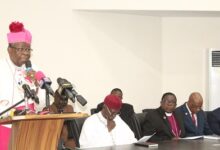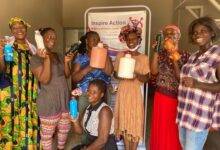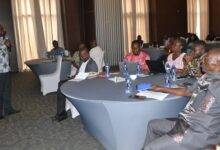
Ghanaians are willing to use environmentally-friendly packaging, as an alternative to help beat the menace of plastic pollution in the country, according to findings of a study conducted in Accra by the UNDP Accelerator Lab, made available to the Ghanaian Times.
The experiment involved an online poll conducted by the UNDP Accelerator Lab and TroTro Diaries (a large Facebook community).
The poll with 650 respondents revealed the public’s increasing preference for environmentally friendly packaging, and concerns about excessive use of plastic bags (multiple bagging).
The results of the experiment on approaches to reducing plastic pollution with focus on alternative to plastic packaging showed the investment potential for innovative packaging and business processes to tackle plastic pollution in Ghana.
It formed part of efforts by the UNDP to combat plastic pollution in line with the resolve by the United Nations Environment Assembly in 2022, to combat plastic pollution and create a binding international agreement to curb plastic pollution by 2024.
To understand the potential for alternative packaging, the study involved interviews with businesses that have introduced different approaches to reducing plastic pollution including more sustainable packaging.
The experiment was followed by a field study at commuter stations in Ghana’s capital city Accra, where UNDP provided selected food vendors with free branded paper cups, which were offered to customers instead of the usual multiple single-use plastics bags.
However, there are also concerns about the affordability of alternatives to plastic packaging, the findings revealed.
The findings showed that, more than half of the customers said they would pay an extra one Ghana Cedi, fifty pesewas (0.12 US cents) for the paper cup to avoid the use of the plastic bag. A minority want it for free, and about two out of 10 consumers are even willing to pay more for the paper cups.
It also highlighted the need for more targeted and innovative awareness campaigns to sustain behaviour change in communities.
The findings said it was critical for Ghana to accelerate efforts to beat plastic pollution.
“I get more than 200 customers every day. I am able to know this by the number of rubber bags I use in a day. It will be good to encourage people to use the paper cups,” Akua, a porridge vendor, explained.
“I take home three rubbers anytime I buy ‘koko’ (corn porridge). Putting hot substances in rubber is not good for our health but when we use the paper cup, it is safe health wise and it is recyclable,” Simon Moray, a customer, explained.
BY TIMES REPORTER







